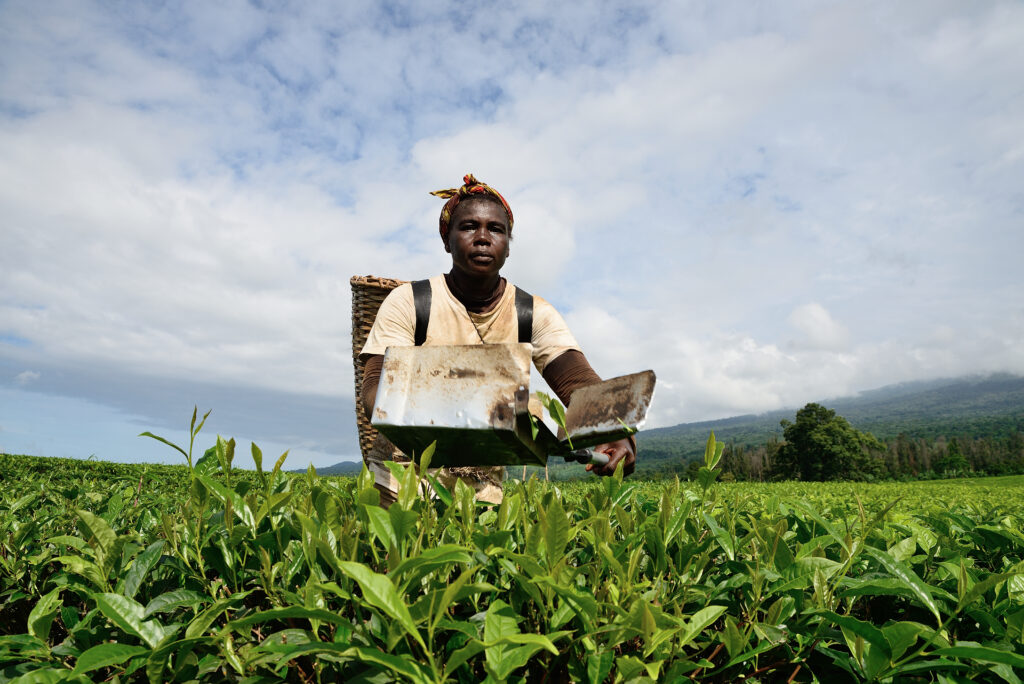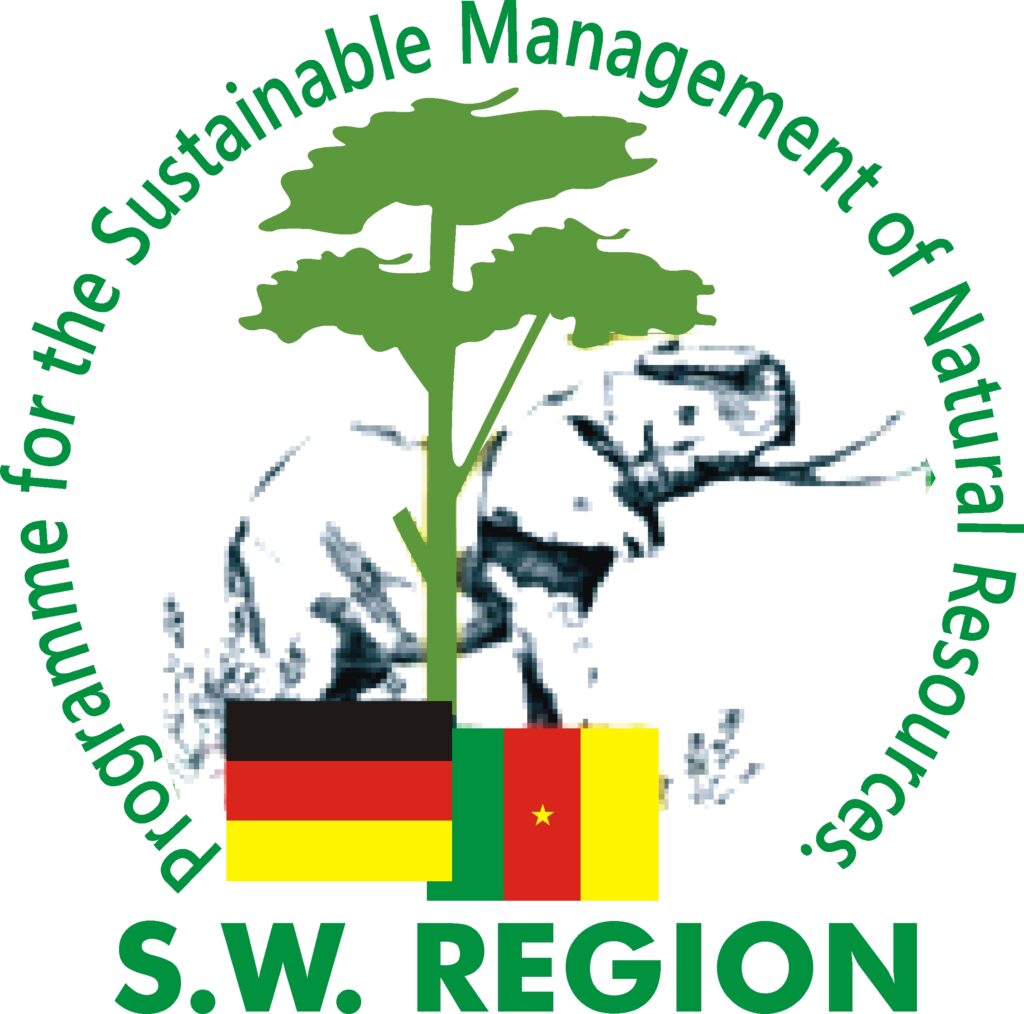
There are about 3400 species of plants in the South West Region of which more than 980 species of trees, 340 species of shrubs, 600 species of climbers and 1530 species of herbs. Quite a number of them are used for timber or as Non Timber Forest Products (NTFPs). These forest products contribute to all aspects of rural life and economy; providing timber, wood, food, fuel, building, and craft material, medicine and other household items. So far, more than 90 species of timber and 400 species of NTFPs are recorded in the region. From these 90 timber species only about 30 species are regularly exploited for export. These timber species include Azobe, Bilinga, Bubinga, Dabema, Doussie, Eveuss, Framire, Frake, Iroko, Mahogany, Moabi, Niove, Okan, Padouk, Tali, and Zingana. They are equally the preferred ones ion the local market. Forest resources are exploited in both permanent and non permanent forests.
Although, the 1994 Forestry Law and its decrees of applications stipulate that forest resources should be exploited in a sustainable manner without compromising the future productivity of the forest, the region faces challenges that include: an alarming rate of illegal timber exploitation especially in the Manyu and Ndian divisions by illegal chainsaw milling that serves both the domestic and Nigerian markets, farm encroachment into protected areas including forest reserves, community forests and Forest Management Units (FMUs).
MINFOF’s Interventions within the framework of PSMNR-SWR
To address the issues affecting sustainable management of forest resources, the Regional Delegation of Forestry and Wildlife for the South West within the framework of PSMNR-SWR is working to ensure that:
Local population controls and benefits from their natural resources:
PSMNR-SWR is providing technical, financial and institutional support in the challenging process of gazetting and managing the Nguti and Mundemba Council Forests. The Program is also supporting 11 community forests out of the 19 community forests in the region; and promoting sustainable harvesting and management of NTFPs such as of Prunus africana in the Mount Cameroon National Park area and Bush mango commercialization in villages within FMU 11005, Takamanda and Korup National Park.
Non Timber Forest Products (NTFPs) are managed sustainably:
NTFPs are defined as materials derived from forests, excluding timber. They include bark, roots, tubers, corms, leaves, flowers, seeds, fruits, sap, resins, honey, fungi and animal products. NTFPs are used for food and medicine and are important sources of income for the local communities in the region. Forest foods include fruits, seeds, green vegetables, spices, vegetable oil, roots, mushrooms, nuts, palm wine, honey, snails, bush meat, etc. They are collected from a wide range of habitats and ecosystems including forest, grassland, savannah, fallow and farmland.
MINFOF within the framework of PSMNR-SWR has developed an NTFP strategy with emphasis on the sustainable harvesting, management and commercialization of targets species such as Prunus africana, Bbush mango and Njangsang.
Sustainable management of Prunus in the Mt. Cameroon National Park and it peripheral zone


Bush mango commercialization is mainly carried out in 22 villages in the Takamanda National Park (11), Korup National Park (7) and FMU 11005 (4) with 60 collector groups and 700 collectors.
Fight against illegal timber and Non- Timber Forest Products trans-boundary (NTFP) trade is promoted:
The South West Region share a large border with the Cross River State Nigeria, and has several thousands of hectares of rich forests which supplies forest products (timber and NTFPS) to the local and trans-boundary markets from its forest management entities such as FMUs, community forests, sales of standing volume (ventes de coupe) and communal land. Currently the supply of forest products to Nigeria and local markets is driven by an informal sector that does not respect the norms and regulations in-force, leading to unsustainable exploitation of the resource base, and the wanton destruction of ecosystem and wildlife habitats. These unregulated activities often lead to conflicts between the indigenous population and the illegal exploiters/traders.
Given the volume of these informal trades in forest products, the rapid degradation of the resource base and the loss of revenue that could be generated from these trades between Nigeria and Cameroon, MINFOF within the framework of PSMNR-SWR partners are working to:
